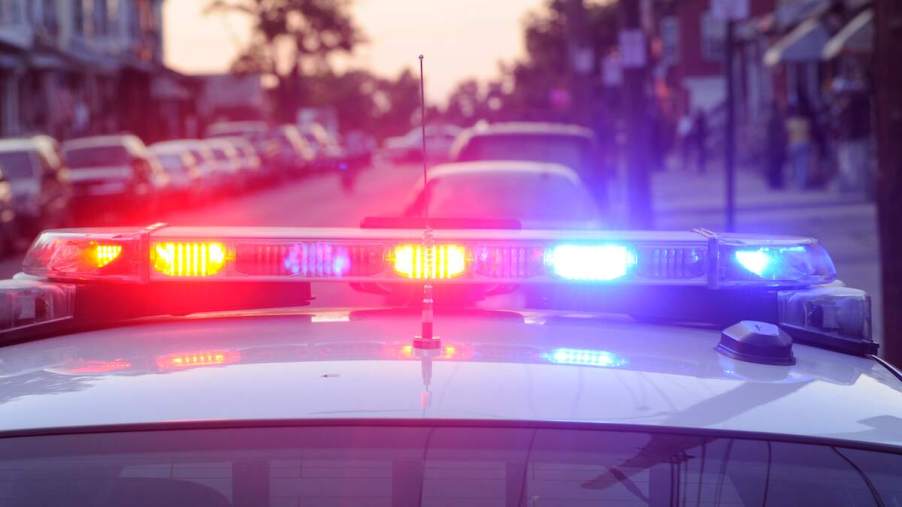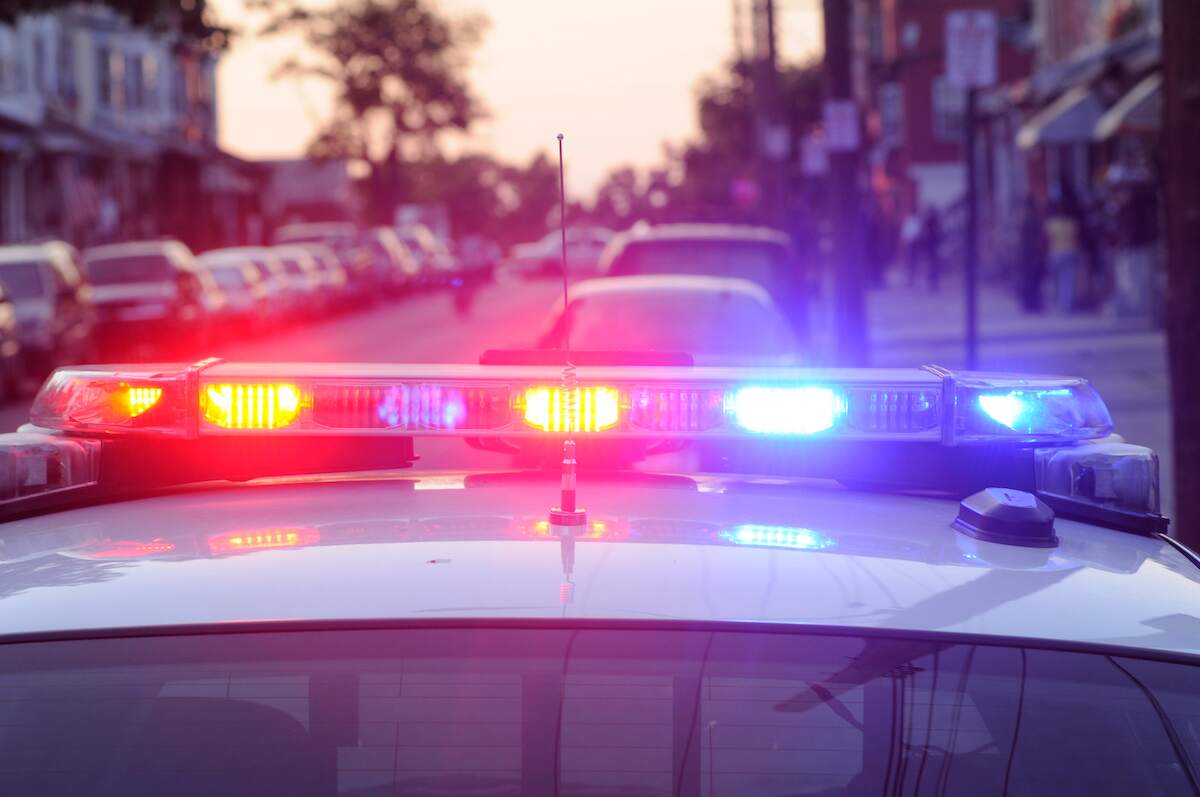
4 Things You Should Never Do During a Traffic Stop
Getting pulled over by police can be nerve-wracking. But remaining calm during a traffic stop is important. Here are four tips to preserve your safety and avoid escalating the situation.
1. Do not stop your car in an unsafe place

Just because you see police lights in your rear-view mirror doesn’t mean you must stop immediately. Put on your car’s hazard lights or blinker to indicate you plan to pull over soon. Find a safe place in a well-lit area, and, if possible, avoid remote locations where no other motorists are driving by. On rare occasions, people have been pulled over by someone impersonating a cop. Also, do not stop in the middle of your lane where you could cause an accident; drive carefully to the shoulder or a parking lot.
If you cannot find a safe place to pull over, call 911 to let a dispatcher know your intentions so they may relay that information to the police.
2. Keep your hands visible during a traffic stop
After you pull over, place your car in park, unroll your windows halfway, turn off the ignition, and place your hands on the steering wheel. When the officer walks up to your car, stay in the vehicle. Do not get out unless the officer asks you to. That helps convey to the police that you won’t resist or flee.
The police officer will likely ask for your ID and vehicle registration to run a check. When they request these items, you should inform them where they are. For example, if they are in the glove box, tell the officer before leaning over to retrieve the items.
Then slowly reach for them. If possible, keep your hands visible to the officer at all times. That shows respect and lets them know you aren’t dangerous or likely to cause trouble.
3. Never assume you have to answer all of the police officer’s questions
According to the ACLU, you have the right to remain silent when the officer asks questions. If you choose to answer some of them, don’t make the mistake of saying too much. Your words can be used against you if the case goes to court. Also, don’t confirm or deny what they claim you did. If they say you were going 70 mph in a 55 mph zone, responding with something like “I see” would be more appropriate.
However, be respectful even when choosing not to answer their questions. If your behavior seems erratic or aggressive, you could appear suspicious. Being polite throughout the traffic stop will increase the chances of the officer reciprocating that respect. You might even be able to talk your way out of a ticket.
4. Do not resist arrest during a traffic stop
If the traffic stop results in your arrest, do not fight it. Resisting is a red flag that might make you look suspicious. Instead, calmly ask for a lawyer, and don’t give explanations or excuses concerning the charge(s) against you. Do not confess to anything until you speak with a lawyer.
If you already have a lawyer, use your allotted phone call to get ahold of them. Officers won’t listen in on that call. However, if you speak with someone else, expect the police to listen to that phone conversation.
Even the best drivers get pulled over by police. If that happens to you, there are ways to avoid making mistakes that could cost you money, an arrest, or your safety. Be sure to pull over in a safe spot, don’t confess to any charges, be polite, and don’t resist.


